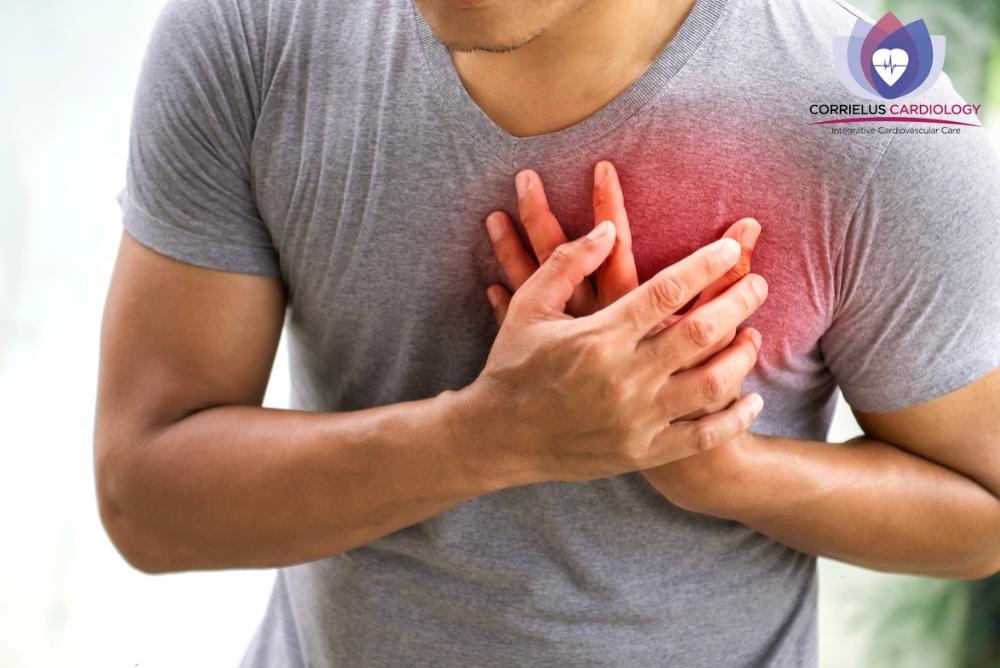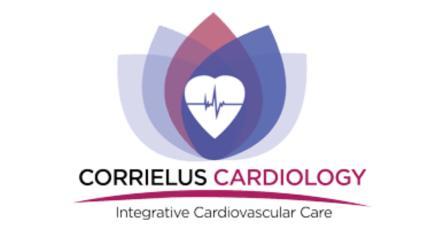Why does anxiety cause chest pain?
Many people encounter anxiety in their daily lives, which is a typical feeling. Although anxiety can show up in many different ways, chest pain is one of the most typical physical signs. Many people may be concerned when they experience this kind of pain, which can range in intensity from slight discomfort to severe pain.
You could be perplexed as to why your chest hurts when you're anxious. The causes and treatments of the association between anxiety and chest discomfort will all be covered in this blog.
What Causes Anxiety-Related Chest Pain?

There are several reasons why anxiety can cause chest pain. The most common causes are related to the physical and psychological effects of anxiety.

Physical Causes of Anxiety-Related Chest Pain
Your body releases stress chemicals like cortical and adrenaline when you are anxious. Your body enters a "fight or flight" response as a result of these hormones, preparing you for danger. Your body may experience a number of physical changes as a result of this reaction, such as an elevated heart rate, shallow breathing, and tense muscles.
Chest pain can result from these changes because your chest muscles may tighten up. Your chest may feel fluttering or palpitations as a result of your elevated heart rate.
Psychological Causes of Anxiety-Related Chest Pain
Additionally, anxiety can result in psychological symptoms that aggravate chest pain. For instance, when you are worried, you could get a sensation of impending doom or dread. Your pulse rate and blood pressure may rise as a result of this sensation because your mind may start to race.
Furthermore, anxiety can lead to hyperventilation, or breathing too quickly or deeply. This may result in a drop in blood carbon dioxide levels, which may result in symptoms including lightheadedness, dizziness, and chest pain.
Treatments for Anxiety-Related Chest Pain
The treatment for anxiety-related chest pain depends on the severity of the symptoms and the underlying cause. Here are some common treatments for anxiety-related chest pain:
Relaxation Techniques
Deep breathing, meditation, and yoga are all relaxation strategies that can help lessen the physical and psychological effects of anxiety. These methods can make you feel calmer and more relaxed, which will lessen symptoms of anxiety such as chest pain.

